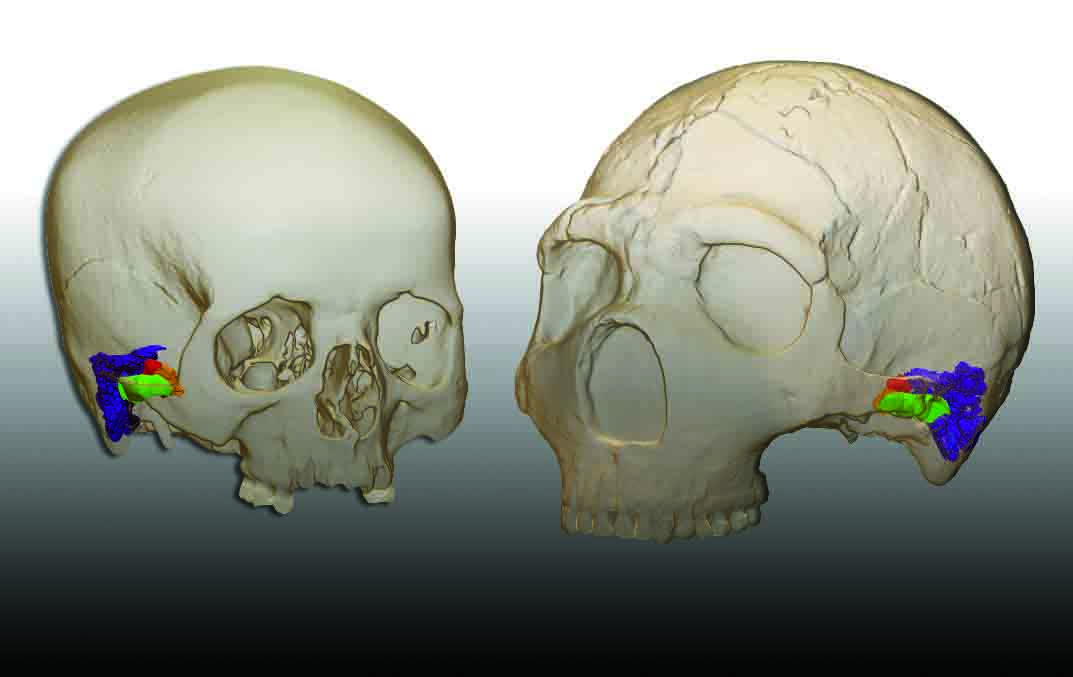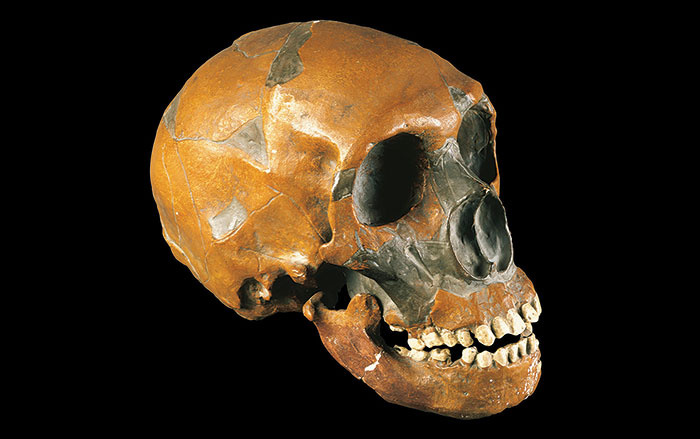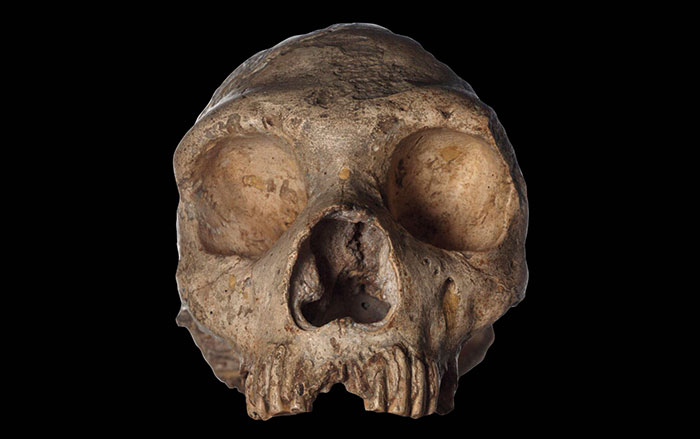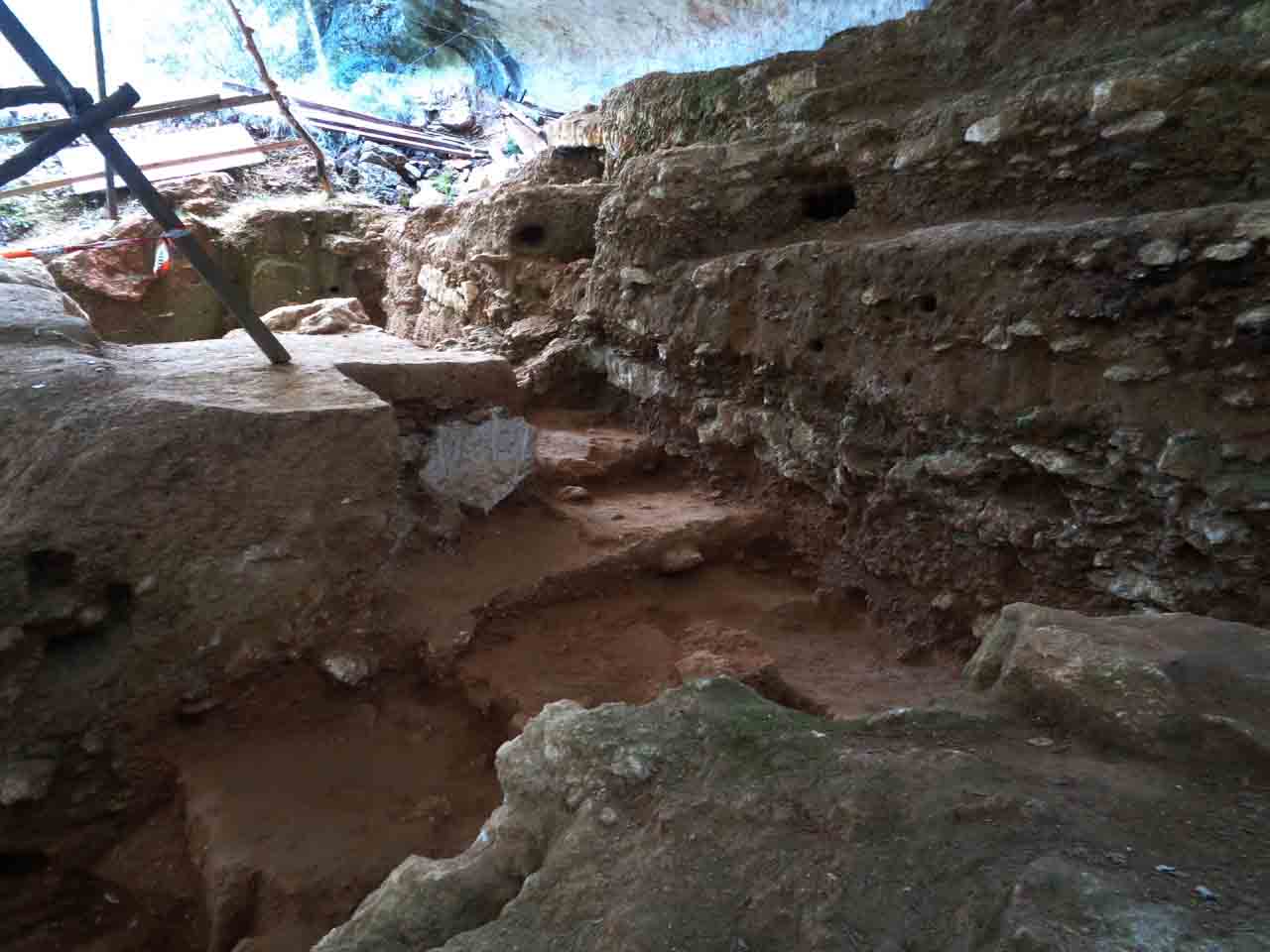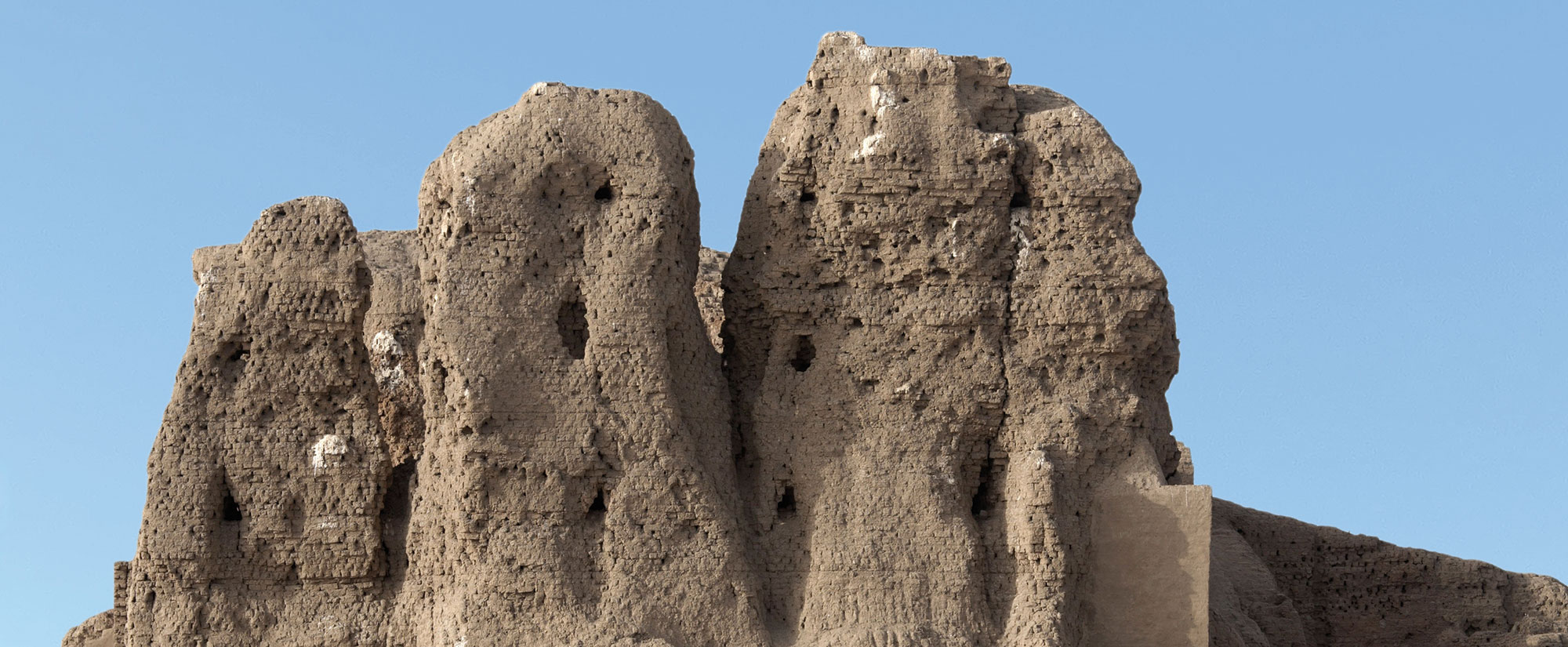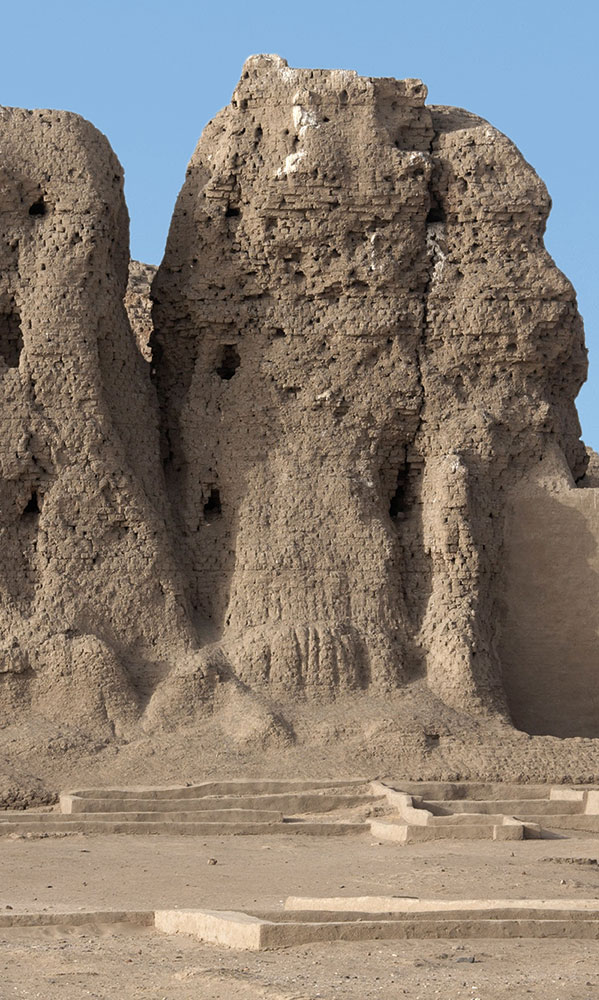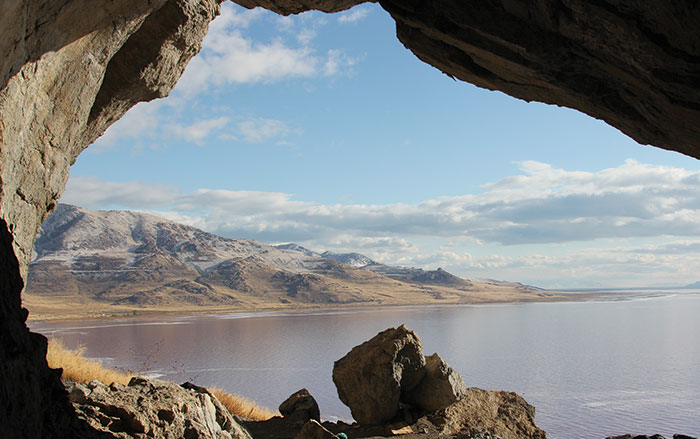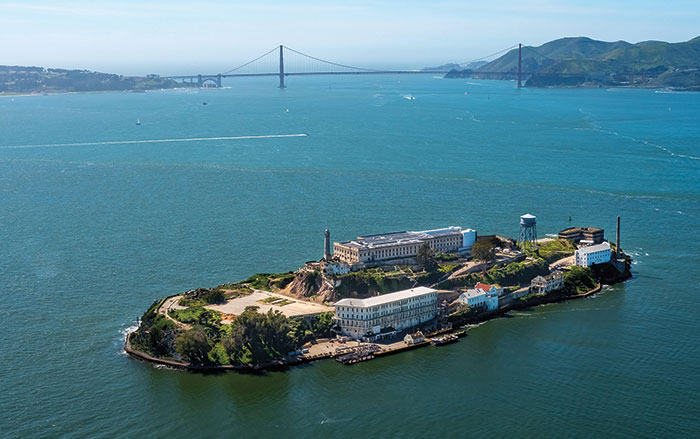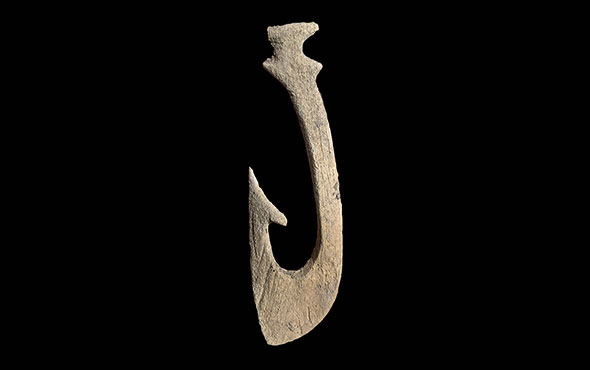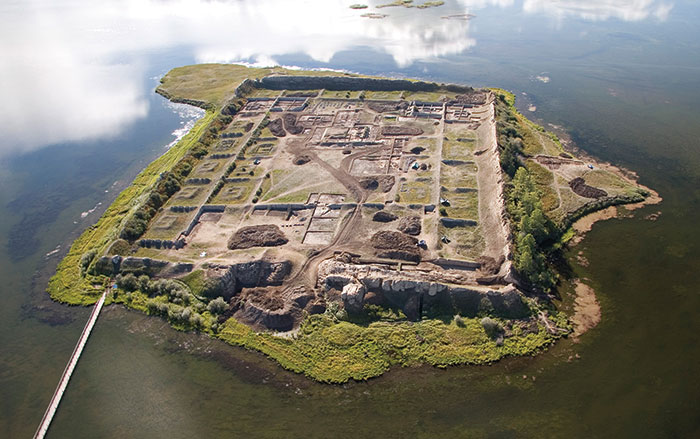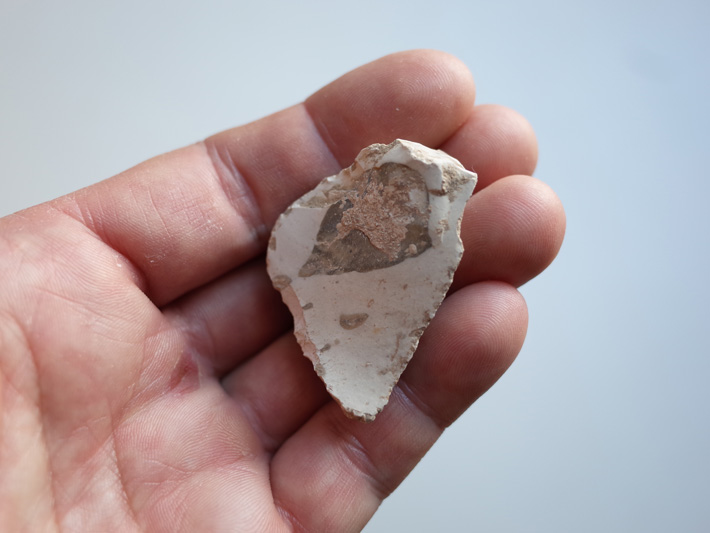
ROSKILDE, DENMARK—Yahoo! News reports that worked flint and mussel shells thought to have been shaped by Neanderthals some 120,000 years ago have been found in a steep cliff on the Danish island of Ejby Klint by archaeologists from Denmark’s National Museum and Roskilde Museum. It had been previously thought that reindeer hunters first settled Denmark some 14,000 years ago. “I did not think we would find anything at all, but we have actually found some stones that have possible traces of being worked by people, and that in itself is amazing,” said Lasse Sørensen of the National Museum. Between 130,000 and 115,000 years ago, Denmark was about four degrees warmer than it is today, and was home to beavers, steppe bison, fallow deer, wood rhinos, forest elephants, Irish giant deer, and red deer. “The door may have been opened for more excavations to be made for Neanderthals in Denmark,” added Ole Kastholm of Roskilde Museum. To read about a Neanderthal gene variant that may make those who have inherited it more susceptible to pain, go to "Painful Past."


